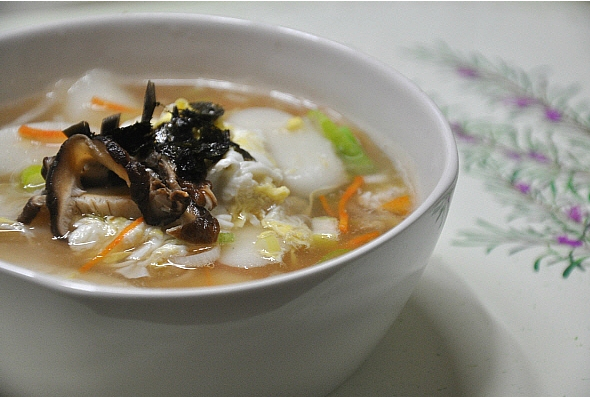Happy Lunar New Year, readers!
Good grief, January just flew by, but luckily 설날 gives me another chance to wish you all a very prosperous new year. How are you all doing?
A lot of things have happened since the last time I blogged and many of them, I’m happy to say, are good things. My life is more balanced these days. I’m happier than I have been in a long while. Yes, there are still challenges but instead of letting them swallow me, I feel like I can take them on. Everyday I marvel at how I’m lucky to have such a wonderful support system both online and in real life.
My goals for the New Year? I’d say it’s to sustain this positivity. To appreciate myself and others more. To achieve balance in my life.
As for my language goals for the New Year: Get back to Korean. Make it a part of my daily life again. The two-month hiatus was nice, but now I’m ready to start again. Also further my Japanese. I bought a couple novels in Japantown a few months ago and I’m eager to get started on them (keep an eye out for a future post on it!).
In other news, I found a really awesome vegetarian 떡국 (ddeokguk) recipe via @ZenKimchi earlier today! (This makes me happy because I’m vegetarian and often cannot enjoy Korean cuisine.)
Find the recipe (and more yummy photos) HERE.
For those of you who may not know, 떡국 is a dish that is traditionally consumed on Lunar New Year (설날) in Korea. Curious as I am about traditions, I used Naver’s 지식iN to find out why. One of the most common answers I found has to do with age. Given that Koreans usually add +1 to their age on New Year’s day, traditionally, it was said that one can only grow a year older if one ate 떡국 on 설날 – so this was one way to convince children they could grow up faster if they ate this on New Year’s. The other explanations I saw had to do with the 떡 itself.
가래떡 – the type of 떡 used in 떡국 – is long and white in appearance (see above). Because of its length, people say eating 떡국 will give you a long life. And, because it is pure white in color, people say it symbolizes the bright, new beginnings associated with the new year.
Gah my mouth is watering now.
Wishing you all a wonderful new year! Here’s to more blog posts in 2014.


4 responses to “새해 복 많이 받으세요!”
Archana – 새해 복 많이 받으세요 for you too! Just wanted to say that I really enjoy your blog, and have the greatest respect for your dedication to the Korean language. Thank you for all that you have taught me in the past year about language and culture, thank you for who you are, and blessings be many upon you in the coming year, and the years to follow!
LikeLike
Oh gosh, thank you so much for the kind words! I am incredibly touched.
LikeLike
Good to hear from you again :-) I hope the PhD is “behaving” :-) try to check out this website for Korean food: http://www.koreanbapsang.com/p/recipes.html – there are some pure vegetable recipes and recipes such as Korean dumplings with veggie filling. What I find difficult abut Korean food is that there is oyster sauce, shrimps, something “shellfishy” in many dishes. My mum is very very allergic to shellfish so I always have to avoid it at all costs when cooking. Going out to eat together at a Korean restaurant is out of the question…
LikeLike
Awesome, thanks for the link! I’m lucky that in California many Korean restaurants offer vegetarian versions of popular dishes so I can get a sense of the cuisine, even though it might not be considered “authentic.”
LikeLike